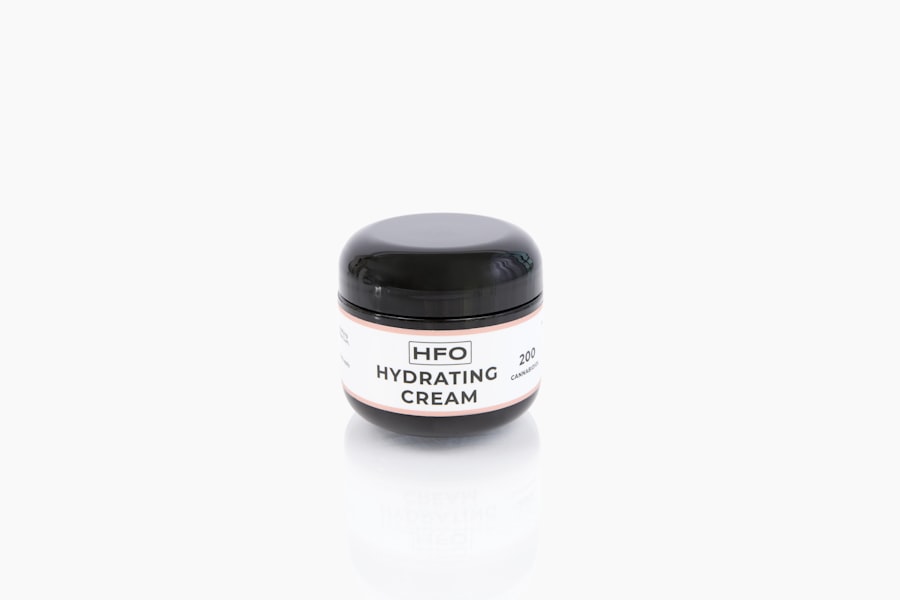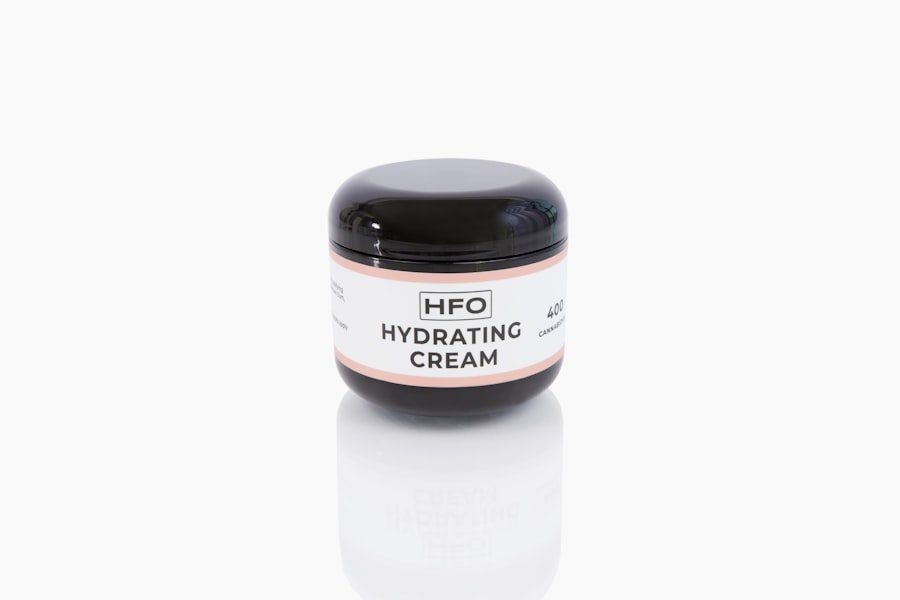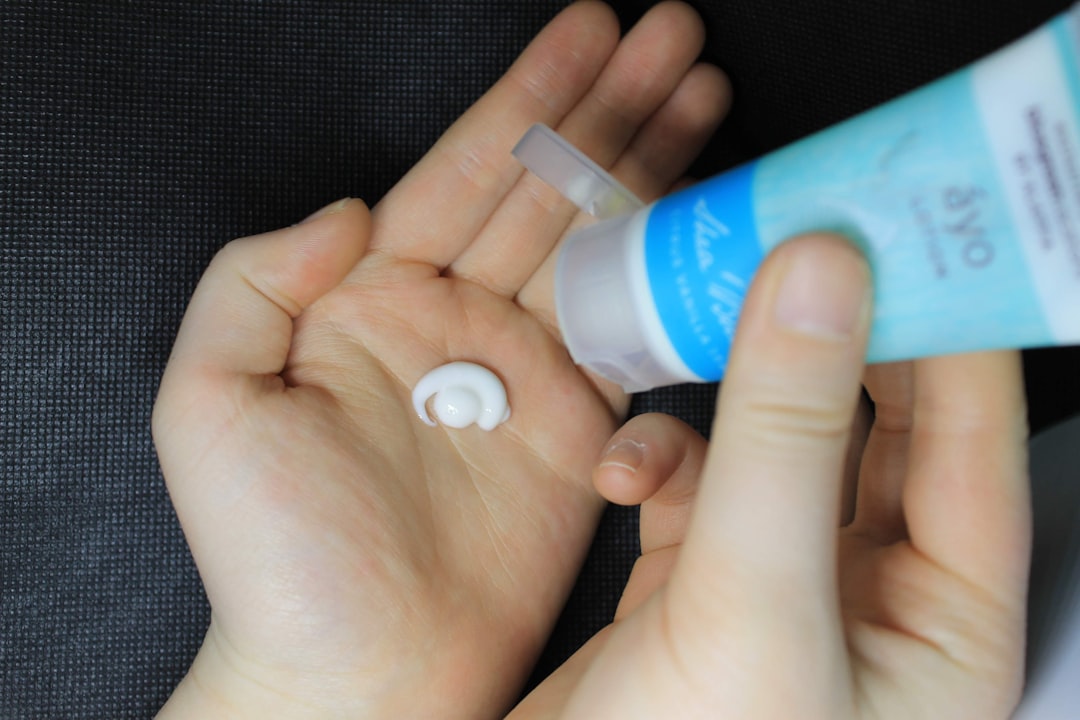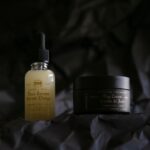Epilation is a hair removal method that involves pulling hair out from the root, offering a longer-lasting solution compared to shaving. As you delve into the world of epilation, you may find it beneficial to understand the various techniques available, including mechanical epilators, waxing, and sugaring. Each method has its own set of advantages and disadvantages, but they all share the common goal of achieving smooth skin.
By grasping the fundamentals of epilation, you can make informed decisions about which technique best suits your needs and preferences. When you choose to epilate, you are opting for a method that can leave your skin hair-free for several weeks at a time. This is because epilation removes hair from the follicle, which means it takes longer for the hair to grow back compared to shaving, where the hair is cut at the surface level.
However, it’s essential to recognize that epilation can be more painful than other methods, especially for those new to the process. Understanding your pain tolerance and preparing yourself mentally can make the experience more manageable and even enjoyable.
Key Takeaways
- Epilation removes hair from the root, resulting in longer-lasting smooth skin compared to shaving or depilatory creams.
- Before epilation, exfoliate the skin to remove dead skin cells and prevent ingrown hairs.
- After epilation, apply a soothing and moisturizing skincare product to calm the skin and prevent irritation.
- To manage irritation and redness post-epilation, use a cold compress and avoid tight clothing that may further irritate the skin.
- Prevent ingrown hairs by regularly exfoliating the skin and using an ingrown hair treatment product.
Preparing the Skin for Epilation
Step 1: Clean and Dry Skin
Begin by ensuring your skin is clean and dry. Taking a warm shower can help open up your pores, making it easier to remove hair.
Post-Shower Preparations
After showering, gently pat your skin dry with a towel to remove excess moisture, which can hinder the epilation process. If you’re using an epilator, consider using it on slightly damp skin to reduce discomfort.
Exfoliation: The Key to Smooth Skin
Exfoliating a day or two before epilating is crucial in removing dead skin cells that may trap hairs and lead to ingrown hairs. Use a gentle scrub or an exfoliating glove to remove dead skin without irritating your skin. This preparation enhances the effectiveness of the epilation process and promotes smoother skin after epilation.
Post-Epilation Skincare Routine

After you’ve successfully epilated, your skin deserves some tender loving care. The first step in your post-epilation skincare routine should be to soothe your skin. Applying a calming lotion or gel containing aloe vera or chamomile can help reduce redness and irritation.
These ingredients are known for their soothing properties and can provide immediate relief after the sometimes uncomfortable process of hair removal. In addition to soothing your skin, it’s essential to keep it hydrated. A lightweight moisturizer can help maintain your skin’s moisture barrier and prevent dryness.
Look for products that are fragrance-free and designed for sensitive skin to minimize the risk of irritation. Incorporating these steps into your post-epilation routine will not only help your skin recover but also enhance its overall appearance and texture.
Managing Irritation and Redness
| Product | Effectiveness | Duration |
|---|---|---|
| Moisturizer A | High | Long-lasting |
| Anti-Redness Cream B | Medium | Short-term |
| Gentle Cleanser C | Low | N/A |
Experiencing irritation and redness after epilation is common, especially for those new to the process. To manage these symptoms effectively, consider applying a cold compress to the affected areas. This can help constrict blood vessels and reduce inflammation, providing immediate relief from discomfort.
Additionally, over-the-counter hydrocortisone cream can be beneficial in alleviating redness and irritation if applied sparingly. If you find that irritation persists beyond a few hours, it may be wise to avoid tight clothing or activities that cause excessive sweating for a day or two. This will allow your skin to breathe and recover without further aggravation.
Remember that everyone’s skin reacts differently; therefore, it’s essential to listen to your body and adjust your post-epilation care accordingly.
Preventing Ingrown Hairs
Ingrown hairs can be a frustrating side effect of epilation, but there are several strategies you can employ to minimize their occurrence. One effective method is regular exfoliation. By gently exfoliating your skin two to three times a week, you can help prevent dead skin cells from clogging hair follicles and trapping hairs beneath the surface.
This proactive approach will not only keep your skin smooth but also reduce the likelihood of ingrown hairs developing. Another preventive measure is to ensure that you are using the correct epilation technique. When using an epilator, make sure to hold it at the right angle and move it against the direction of hair growth.
This technique helps pull hairs out more effectively and reduces the chances of them curling back into the skin. Additionally, consider alternating between different hair removal methods occasionally; this can give your skin a break from epilation while still keeping unwanted hair at bay.
Hydrating and Moisturizing the Skin

Hydration is key to maintaining healthy skin, especially after epilation. When you remove hair from the root, it can leave your skin feeling dry or sensitive. To combat this, make it a habit to apply a hydrating lotion or body oil daily.
Look for products that contain ingredients like hyaluronic acid or glycerin, which are known for their ability to attract moisture and keep your skin supple. Incorporating a moisturizing routine into your daily life will not only help soothe any post-epilation discomfort but also improve your skin’s overall texture over time. Consider using a thicker cream or body butter at night to provide intense hydration while you sleep.
This will ensure that your skin remains nourished and ready for your next epilation session.
Exfoliating for Smooth Skin
Exfoliation plays a crucial role in maintaining smooth skin after epilation. As mentioned earlier, regular exfoliation helps prevent ingrown hairs by removing dead skin cells that can trap hair follicles. However, it’s essential to choose the right exfoliation method for your skin type.
For sensitive skin, opt for gentle chemical exfoliants containing alpha-hydroxy acids (AHAs) or beta-hydroxy acids (BHAs) rather than harsh scrubs that may cause irritation. Incorporating exfoliation into your weekly routine will not only keep ingrown hairs at bay but also enhance the overall appearance of your skin. You’ll notice that regular exfoliation helps promote cell turnover, resulting in a brighter and more even complexion.
Aim to exfoliate two to three times a week, adjusting based on how your skin responds.
Long-term Skin Maintenance
Long-term maintenance of your skin after epilation involves consistency and care.
Consider scheduling your epilation sessions every four to six weeks, depending on how quickly your hair grows back.
This consistency will help you maintain smoothness while allowing your skin time to recover between sessions. Additionally, pay attention to any changes in your skin’s response to epilation over time. If you notice increased irritation or discomfort, it may be worth exploring alternative hair removal methods or consulting with a dermatologist for personalized advice.
By prioritizing long-term care and being attentive to your skin’s needs, you’ll enjoy the benefits of smooth, healthy skin for years to come. In conclusion, understanding epilation and implementing proper skincare practices before and after the process can significantly enhance your experience and results. By preparing your skin adequately, managing irritation effectively, preventing ingrown hairs, and maintaining hydration through consistent routines, you can achieve smooth and radiant skin that lasts longer than traditional shaving methods.
Embrace these practices as part of your beauty regimen, and enjoy the confidence that comes with beautifully cared-for skin.
After undergoing epilation, it is crucial to take care of your skin to prevent any irritation or ingrown hairs. One helpful article on skin aftercare for epilation can be found at Inlaserhairremoval.com. This article provides valuable tips and advice on how to properly care for your skin post-epilation to ensure smooth and healthy results. For more information on laser hair removal and personalized skincare routines, visit Inlaserhairremoval.com and explore their customizable interests feature.
FAQs
What is epilation?
Epilation is the process of removing hair from the root, typically using methods such as waxing, sugaring, threading, or using an epilator device.
Why is skin aftercare important after epilation?
Skin aftercare is important after epilation to soothe the skin, reduce irritation, prevent ingrown hairs, and maintain smooth and healthy skin.
What are some common aftercare practices for the skin after epilation?
Common aftercare practices for the skin after epilation include applying a soothing lotion or gel, exfoliating regularly to prevent ingrown hairs, avoiding tight clothing that may irritate the skin, and keeping the skin clean and moisturized.
Are there any specific products recommended for skin aftercare following epilation?
There are various products specifically designed for skin aftercare following epilation, such as soothing lotions, exfoliating scrubs, and ingrown hair treatments. It is important to choose products that are gentle and suitable for your skin type.
How long should I wait before applying products to the skin after epilation?
It is recommended to wait at least 24 hours before applying any products to the skin after epilation to allow the skin to recover and reduce the risk of irritation.
Are there any precautions to take after epilation to prevent skin irritation?
To prevent skin irritation after epilation, it is important to avoid hot baths or showers, sun exposure, and tight clothing for at least 24 hours. It is also important to keep the skin clean and moisturized to promote healing.






